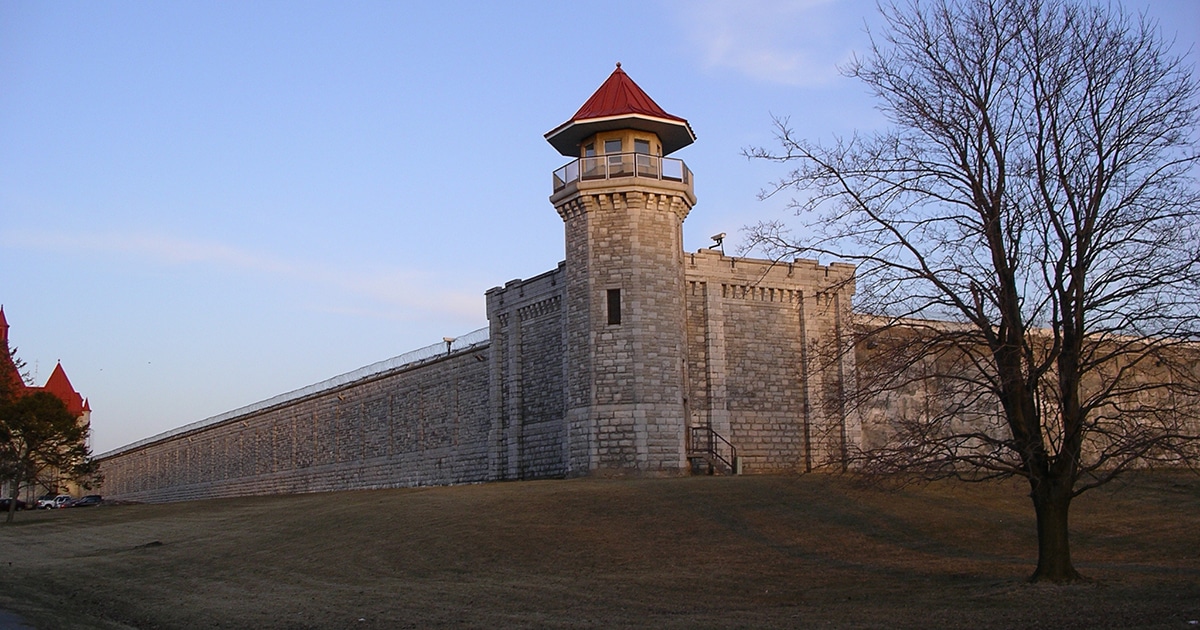The following is the second instalment of a multi-part series detailing the work of Anglicans involved in prison ministry. Read Part 1 here. Visit the Anglican Church of Canada website later this month for future instalments.
Ministry in the federal correctional system has undergone numerous changes in recent years that have posed challenges to chaplains. One of the most notable was the decision by the Harper government to hire a new private contractor, Bridges of Canada, to oversee the hiring and pay of chaplains.
Previously, Kairos Pneuma Chaplaincy, a New Brunswick-based organization run by prison chaplains, had handled chaplain contracts in federal corrections. The Rev. Tim Smart, who has served as a part-time prison chaplain at Cowansville Institution in Quebec since 2009, described the change in contractor as “a broadside to all of chaplaincy.”
“It was very hard for the chaplains to accept that their own organization, which had managed to make something administratively workable, had not been given a chance to grow and understand, and had just hired this other contractor…who didn’t really know a whole lot about institutional chaplaincy,” he said.
Concurrent to contractual changes have been a series of budget cuts to Corrections Canada, which spends the majority of its money on buildings, infrastructure, and paying guards.
Along with chaplaincy, a wide range of programs related to education, psychology, and rehabilitation for inmates have been either completely eliminated or have seen their funding drastically reduced in the past 10-12 years.
“I think there’s just this general sense that chaplaincy is not terribly important to a lot of people in Corrections Canada—although they will say it is,” Smart said. “The fact that the budget is continuously being cut and [the] lack of concern for employees shows that it’s not that great a concern.”
He argued that budget cuts based on saving money in the short term might prove more expensive in the long term.
“What is a better deal financially—to help these guys while they’re inside with some better programs and better support, or do we just release them with very little support and very little training or education, and then they’ll come back?
“If it costs $110,000, $120,000 to house somebody in a federal prison every year, maybe we need to make sure they’re not coming back in and costing the system, in fact, more.”
Evolving culture
While structural changes abound at federal institutions, just as significant to the work of prison chaplains are the effects of an increasingly secular and pluralistic culture on their own role.
At the time that the Rev. Peter Huish (deacon) first began work as a chaplain at Cowansville Institution, there was a fairly distinct delineation between Protestant and Catholic chaplains, with the former primarily serving anglophone inmates and the latter francophones.
Even then, however, inmates who attended chapel and came to speak to Huish included not only Protestants and Catholics, but “post-Christians,” future Christians, those who had never attended church, those who held no faith at all, and those who came from Jewish, Islamic, or even Rastafarian backgrounds.
“For me personally, those traditional lines of Protestant/Catholic very, very quickly faded away, and then in the service itself, those lines became quite muddied,” Huish said.
Gradually, the situation evolved to its current state, wherein the Correctional Service of Canada requires what is known as a “site chaplain,” who is responsible for ensuring that inmates of any faith tradition have access to the spiritual resources they need from the community.
“The role of a chaplain has moved very much away from a kind of narrowly denominational one to one of being a spiritual facilitator, implicating other spiritual leaders and animators and so on from different traditions,” Huish said.
In larger prisons, there could be two or three full-time chaplains, as is the case at the Federal Training Centre in Lavalle, where Huish currently works as a part-time volunteer. Most site chaplains in Quebec are Catholic, though there are also some Protestant site chaplains, as well as an imam and Buddhist monk who travel from prison to prison.
“We are a pluralistic society…The designation of Protestant or Catholic just doesn’t cover it anymore in terms of the prison population,” Huish said. “According to our Charter [of Rights and Freedoms], we have an obligation in our prisons to meet the needs of all people of faith.”
Interested in keeping up-to-date on news, opinion, events and resources from the Anglican Church of Canada? Sign up for our email alerts .

